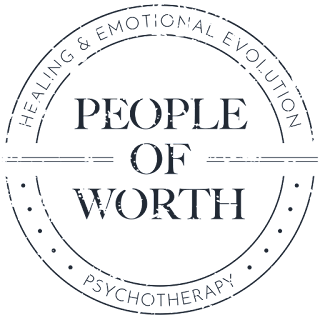What is Obsessive Compulsive Disorder?
Obsessive Compulsive Disorder (OCD) is an issue where individuals have repeating, undesirable contemplations, thoughts or sensations (fixations) that cause them to feel headed to accomplish something tediously (impulses). The dreary practices, for example, hand washing, minding things or cleaning, can fundamentally meddle with an individual's every day exercises and social associations.
For individuals with OCD, considerations are tenacious, and practices are unbending. Not playing out the practices normally causes incredible misery. Numerous individuals with OCD know or suspect their fixations are not sensible; others may figure they could be valid (known as restricted understanding). Regardless of whether they realise their fixations are not practical, individuals with OCD experience issues withdrawing from the over the top contemplations or halting the impulsive activities.
Signs and Symptoms of Obsessive Compulsive Disorder
Individuals with OCD may have indications of obsession, compulsion, or both. These indications can meddle with all parts of life, like work, school, and individual connections.Obsessions are rehashed musings, desires, or mental pictures that cause nervousness. Basic manifestations include:
- Dread of germs or tainting
- Undesirable prohibited or untouchable considerations including sex, religion, or mischief
- Forceful contemplations towards others or self
- Having things even or in an ideal request
Compulsions are tedious practices that an individual with OCD wants to do in light of a fanatical idea. Regular impulses include:
- Exorbitant cleaning as well as handwashing
- Requesting and organizing things in a specific, exact way
- Over and over keeping an eye on things, for example, more than once verifying whether the entryway is bolted or that the broiler is off
- Habitual checking
Not all rituals or propensities are compulsions. Everybody double checks things in some cases. However, an individual with OCD by and large:
- Can't handle their musings or practices, in any event, when those considerations or practices are perceived as exorbitant
- Spent at least 1 hour daily on these contemplations or practices
- Doesn't get joy when playing out the practices or customs, however may feel brief help from the nervousness the considerations cause
- Encounters critical issues in their daily life because of these considerations or practices
A few people with OCD additionally have a tic disorder. Motor tics are abrupt, brief, monotonous developments, for example, eye squinting and other eye developments, facial scowling, shoulder shrugging, and head or shoulder jolting. Normal vocal spasms incorporate dull throat-clearing, sniffing, or snorting sounds.
Indications may go back and forth, ease over the long run, or decline. Individuals with OCD may attempt to help themselves by keeping away from circumstances that trigger their obsessions, or they may utilise liquor or drugs to calm themselves. Albeit most grown-ups with OCD perceive that what they are doing doesn't bode well, a few grown-ups and most youngsters may not understand that their conduct is strange. Guardians or teachers normally perceive OCD side effects in youngsters.
For healing such kinds of problems, People of Worth Blackburn counselling can help without any struggle.
Related Posts:
Read more - What is Dissociation?
Read more - Lancashire Counselling
Read more - How Can Psychotherapy Help in Anxiety Problems?


Comments
Post a Comment